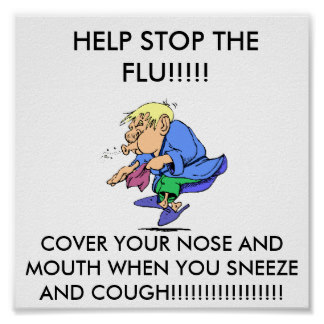News
Influenza and Our Elderly

Influenza season for can be very detrimental to our elderly population. CDC statics show that 50-70 percent may result in hospitalization. What’s even more overwhelming is a staggering 80-90 percent of seasonal flu related deaths occur in people over 65 years of age. The actual number of deaths is difficult to determine due to the fact that flu deaths in adults are not nationally reportable. In addition, the lack of testing to verify the flu is not always done.
So what places our elderly population at increased risk? As we age our autoimmune system defenses are not what they used to be making treatment more difficult. As well as age related disease processes that can create underlying medical problems resulting in death.
The flu is a virus that is ever changing resulting in new strains each year. Various symptoms of the flu are high fever, headache, stuffy or runny nose, severe cough, severe aches or pains, extreme exhaustion, and at times a sore throat. If you or a loved one over 65 experience flu symptoms, seek medical advice quickly. Especially if there is a fever of 101 degrees or higher lasting more than 24 hours.
“Flu season” is common during the fall and winter months. Most flu activity peaks in December but can last well into spring. One thing that can easily be predicted about the flu is that it is unpredictable. Flu season has been known to begin as early as October and to occur as late as May.
The only effective way to reduce your risk of contracting the influenza virus and the associated complications is the influenza vaccine. Speak to your health care provider regarding protecting your health

